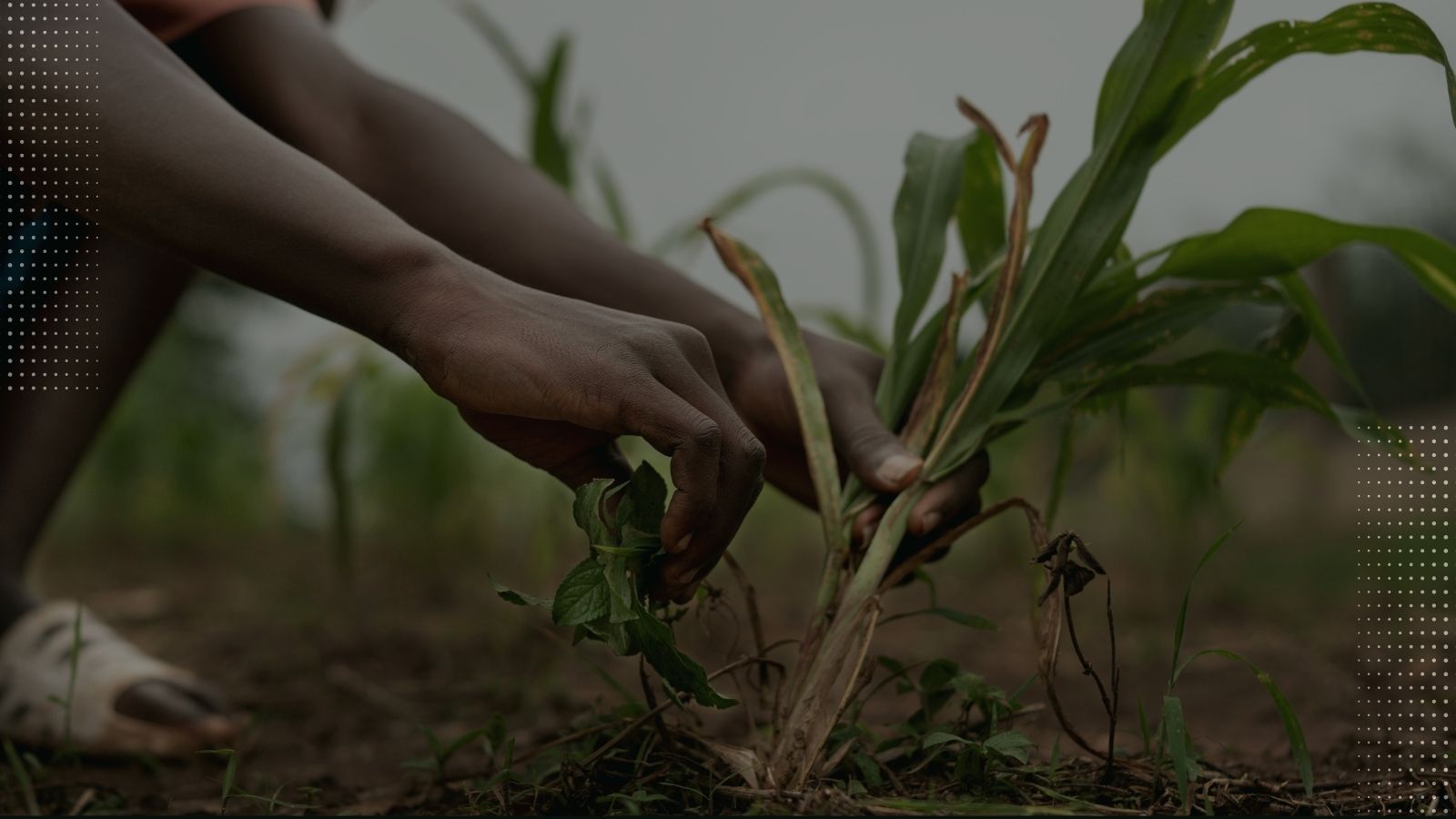As climate change continues to escalate, its far-reaching effects are increasingly evident in our daily lives. One of the most pressing concerns is the impact on food security, a challenge affecting vulnerable countries and rich nations worldwide. The changing climate is wreaking havoc on agriculture, resulting in disrupted harvests, unstable prices, and growing food insecurity.
1. Climate Extremes and Agricultural Devastation
Climate change-fueled extreme weather events, including droughts, heatwaves, and floods, are severely affecting major agricultural regions globally. Nations heavily reliant on agriculture, particularly in Africa, are witnessing the direct consequences of these extreme conditions. Crops are failing, livestock are struggling, and farmers are facing immense challenges in sustaining their livelihoods.
2. The Rising Cost of Everyday Foods
Consumers are feeling the brunt of this climate crisis through the soaring prices of everyday food items. A closer look at trade relationships reveals that a significant portion of imported food comes from countries highly vulnerable to climate change. With these countries grappling with climate-induced disruptions, the costs of food production are escalating, subsequently driving up the prices of imported goods.
3. Vulnerability of Key Food Products
Some of our dietary staples are sourced from countries highly susceptible to climate change impacts. Products like meat, dairy, fruits, and vegetables are at risk due to climate-induced challenges. This vulnerability threatens the stability and availability of these products, further highlighting the urgent need to address climate adaptation and build resilience in global food systems.
4. The Imperative of Adaptation Finance
To mitigate these challenges and secure food supply chains, adaptation finance is crucial. Adequate funding is needed to support climate-vulnerable countries in enhancing their agricultural practices, adopting resilient technologies, and implementing adaptive measures. This investment will not only protect livelihoods but also ensure a stable food supply and affordability for all.
Climate change-induced disruptions are ringing alarm bells for the global food supply. Addressing this critical issue requires immediate action, collaboration, and financial investment. Through adaptation finance and sustainable practices, we can bolster the resilience of vulnerable nations and ultimately safeguard our food security for generations to come.





